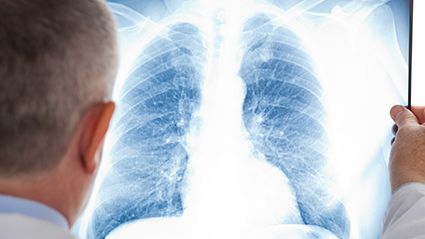
A majority of people who have a minimally invasive heart valve replacement procedure are not getting the recommended cardiac rehab after their surgeries, researchers say. A new study finds that just under 31% of patients who have transcatheter aortic valve replacement (TAVR) are receiving this service within 90 days of the procedure. This could be… read on > read on >






























